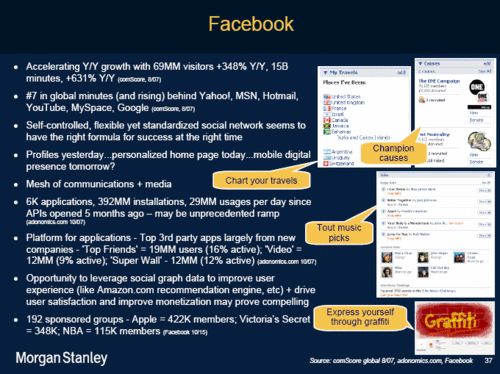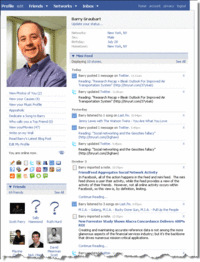Google to Launch OpenSocial Social Networking Platform
In a direct response to the Facebook applications platform, Google will announce the OpenSocial platform on Thursday.
OpenSocial is a consortium of key players in the social networking and on-demand application space. In addition to Google’s Orkut, the initial launch partners will include LinkedIn, Salesforce.com, Ning, Hi5, Friendster, Viadeo and Oracle.
OpenSocial will consist of a set of common APIs which will be used across all of the above platforms. The three common APIs will cover the following areas:
- Profile information (user information)
- Friends information (the social graph)
- Activities (similar to Facebook news and mini feeds)
Developers can build applications using javascript, html and flash; there is no proprietary markup language like Facebook’s FBML. Also, unlike Facebook, where the Facebook platform is the only container, any social network can be an open container for these apps. Marc Andreesen, Ning founder, has more on why he feels this is the next big leap forward.
This is a big step for the social networking space. Facebook was a big first step, but most (all?) of the apps built for Facebook to-date have been entertainment focused. While some of the partners here are consumer (Hi5, Orkut, Friendster), this opens up some critical business platforms like LinkedIn and Salesforce for the development of b2b apps.
The following links are due to go live on Thursday:
http://code.google.com/apis/opensocial (technical docs)
http://sandbox.orkut.com/ (sandbox to test apps)
For more on OpenSocial, check out Techmeme, O’Reilly Radar, TechCrunch and the New York Times.
Meanwhile, Dave Winer takes a contrarian position. As he points out:
Standards devised by one tech company whose main purpose is to undermine another tech company, usually don't work.

















